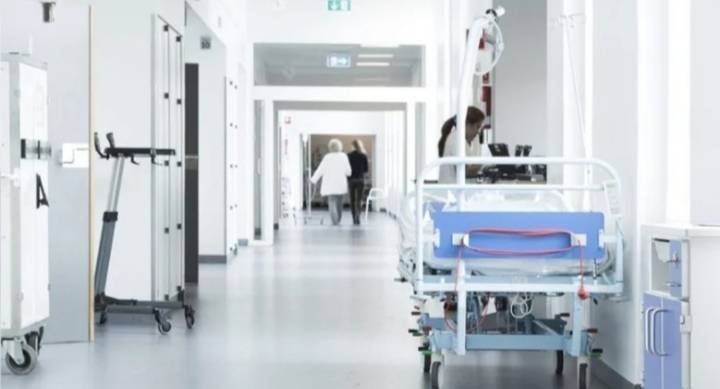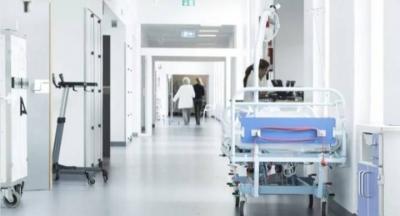Government and private hospitals, particularly in the North and Akkar, are facing significant difficulties in securing their funds and entitlements through insured entities. Insured entities here refer to all parties responsible for covering patient costs (such as the army, security forces, teachers, etc.).
The issue specifically lies in the delay of these entities in settling the entitlements owed to hospitals on one hand, and the slow disbursement or payment of a large portion of these entitlements by the Central Bank of Lebanon to the hospitals on the other. Furthermore, during the time from when a medical service is provided until the entitlements are paid and withdrawn from banks, the dollar has risen in the black market. This situation puts hundreds, if not thousands, of insured individuals at risk as they may not be able to access the medical services they need if hospitals stop admitting them.
According to "Nidaa al-Watan," some private hospitals have indeed stopped accepting patients under the insurance of these entities and have asked them to pay the full bill out of pocket. For instance, in Akkar, only the private Khalaf Al-Habtour Hospital continues to work with insured entities, along with the public Abdullah Al-Rassi Hospital in Halba. Some hospitals that received 3 billion Lebanese pounds from the Central Bank have been told by the bank dealing with their medical committee that they can only withdraw 3 million pounds a month. This threatens hospitals with closure and puts the health of patients and the healthcare sector in Lebanon, particularly in the North, at risk.
Dr. Mohammad Nadim Safi, head of the doctors' syndicate in the North, told "Nidaa al-Watan": "Doctors working in hospitals and the medical body are suffering from numerous issues, and there are significant amounts owed by the insured entities." He added, "We received information that a hospital had been allocated 1.2 billion pounds by the Central Bank for the year 2021 when the dollar was at 15,000, but they were not allowed to withdraw more than 12 million pounds per month. This is a true disaster; moreover, the Ministry of Health has not paid anything for over two years. We directed our call to the insured entities in a statement a few days ago, urging them to act quickly to avoid forcing doctors to charge patients the difference. A meeting will be held with the insured entities, and we will demand that they find a solution, perhaps by allowing cash withdrawals to be given to medical entities in hospitals that accept any amount in pounds or dollars and cooperate as much as possible. Otherwise, doctors will be forced to emigrate after all this injustice."
The head of the doctors' syndicate urged the insured entities to cooperate swiftly to establish a payment mechanism that protects both doctors' rights and patients' rights, or else the syndicate may be compelled to cease any cooperation with these entities, as they seek to preserve the rights of doctors working under the most difficult circumstances.
This problem, while significant, is just one of many challenges faced by the medical sector and the medical body in the North, which also affects patients who now find it nearly miraculous to enter some hospitals, as the price of medical services is imposed in fresh dollars at a time when many cannot afford it. There are fears that citizens may die at the doors of hospitals as the problem worsens.




